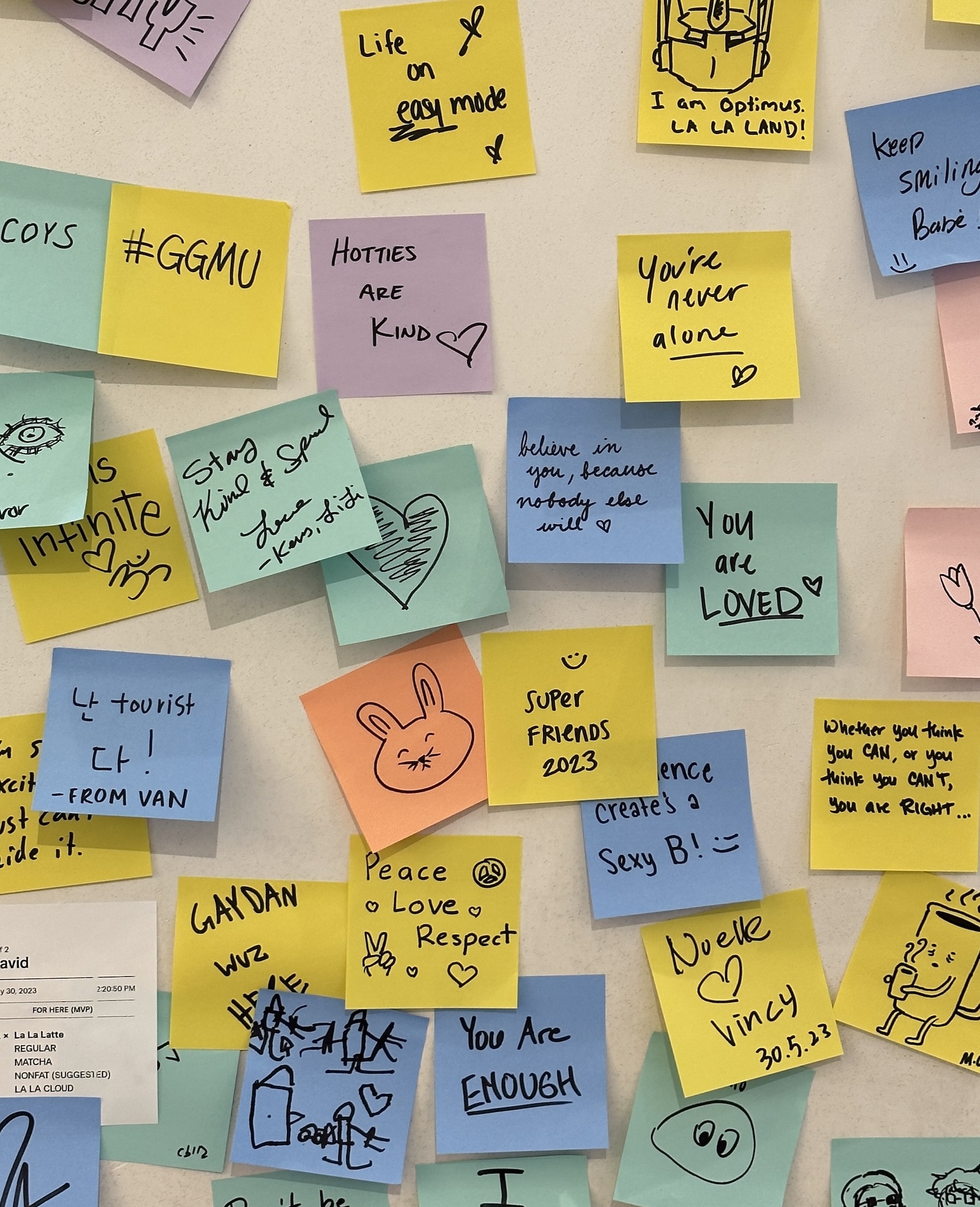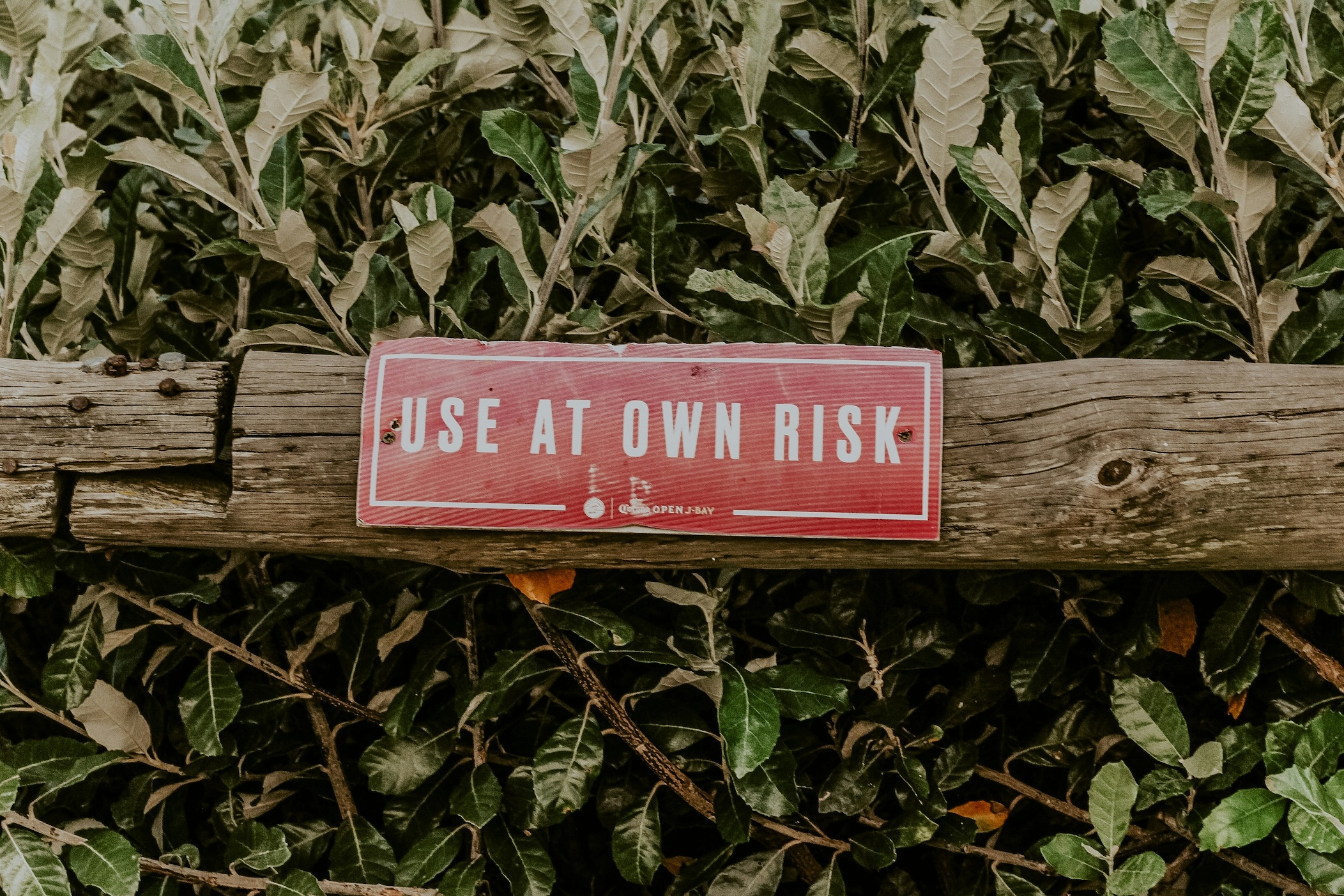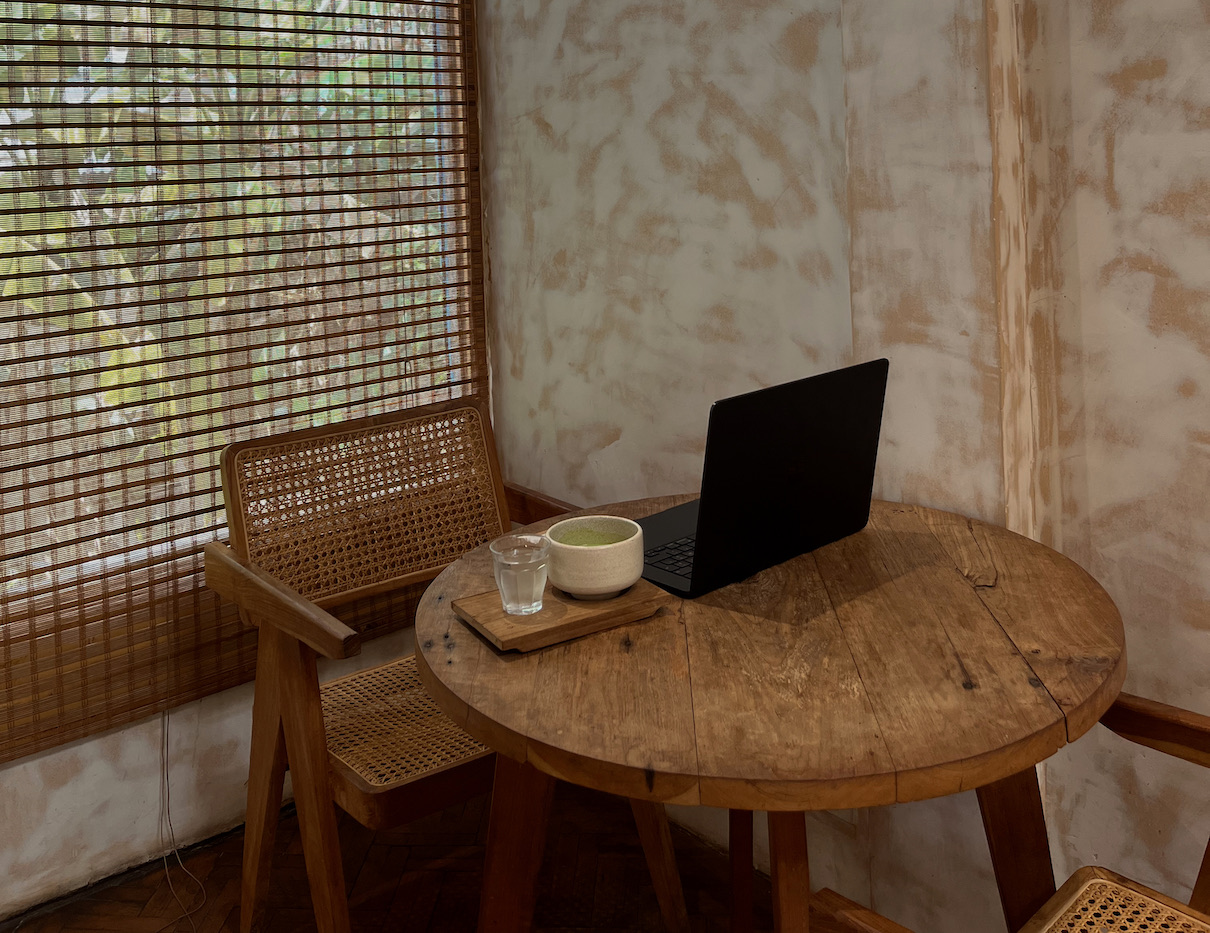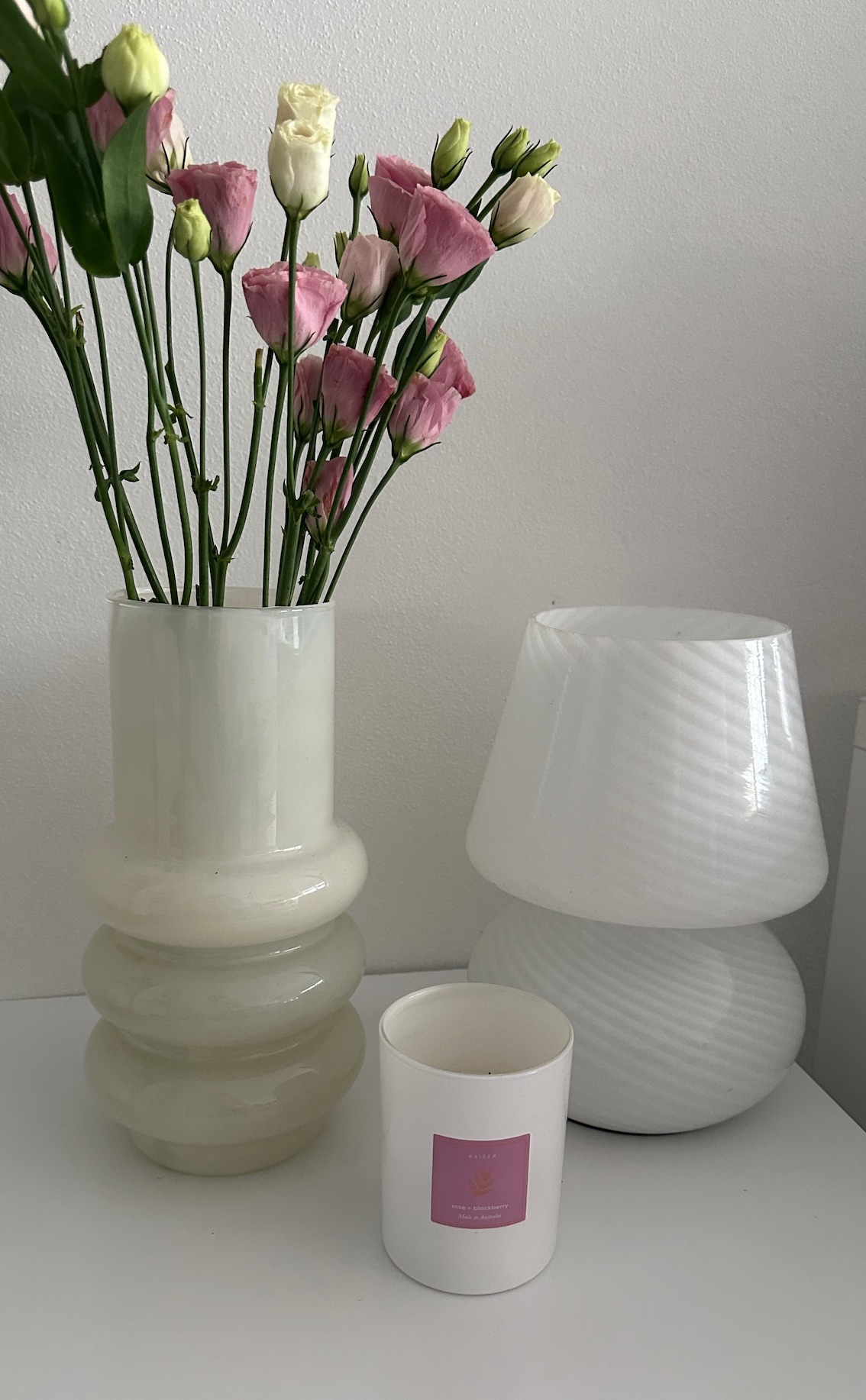Openness, a seemingly simple concept, holds a transformative power in the way we connect with others. It’s about more than just being honest or transparent; it’s about allowing ourselves to be seen—flaws, fears, dreams, and all.
In our journey through life, the ability to open up can lead to profound healing and the creation of deeper, more meaningful relationships. This article dives into the intricate dance of openness, exploring how it nurtures connections, overcomes barriers, and ultimately leads to a richer, more fulfilling life.
Understanding Openness and Vulnerability
The Essence of Openness in Relationships
Openness in relationships goes beyond just sharing facts about our day. It’s about revealing our inner thoughts, feelings, and experiences. This level of disclosure can be daunting, but it’s the cornerstone of building trust and intimacy. When we open up, we invite others to understand our true selves.
Vulnerability: Strength, Not Weakness
There’s a common misconception that being vulnerable is a sign of weakness. In reality, it takes immense courage to expose your true self, especially in a world that often values strength and stoicism. Vulnerability is actually a superpower in disguise, forging deeper connections and fostering a sense of belonging.
The Psychology Behind Sharing and Connecting
Theories of Emotional Openness
Psychological theories like attachment theory shed light on why and how we connect with others. These theories suggest that our early experiences with caregivers shape our approach to relationships in adulthood. Sharing and emotional openness are not just beneficial; they’re essential for our mental and emotional wellbeing.
Benefits for Mental Health
Expressing emotions and sharing experiences with others can have a profound impact on our mental health. It helps in processing emotions, reducing stress, and even improving our physical health. Emotional expression is not just cathartic; it’s a crucial aspect of maintaining psychological balance.
Overcoming Barriers to Openness
Identifying Common Barriers
Many of us struggle with opening up due to various reasons like fear of judgment, rejection, or past traumas. Recognizing these barriers is the first step in overcoming them.
Strategies to Overcome Barriers
To become more open, we might need to start with self-reflection, understanding our fears and motivations. Therapy can be a safe space for this exploration. Gradually exposing ourselves to vulnerability, perhaps starting with less risky topics, can also help in easing into a more open way of being.
Practical Tips for Cultivating Openness
Daily Practices for Openness
Becoming more open is a skill that can be developed with practice. Simple acts like sharing your thoughts and feelings with a friend, actively listening to others, and engaging in meaningful conversations can nurture this skill.
Tools for Effective Communication
Active listening is a key component of openness. It involves fully concentrating, understanding, responding, and then remembering what is being said. Asking open-ended questions and expressing your feelings in a clear, non-accusatory way also fosters openness and understanding.
The Role of Empathy in Openness and Healing
Empathy is the silent yet powerful force that enriches the act of opening up. When we share our inner world, it’s empathy from others that transforms this act into a healing experience. It’s about feeling understood and accepted, which in turn, encourages further openness.
Cultivating empathy requires us to not only listen but to genuinely try to understand the emotions and perspectives of others. This mutual exchange of empathy and openness creates a foundation for deeper and more meaningful relationships.
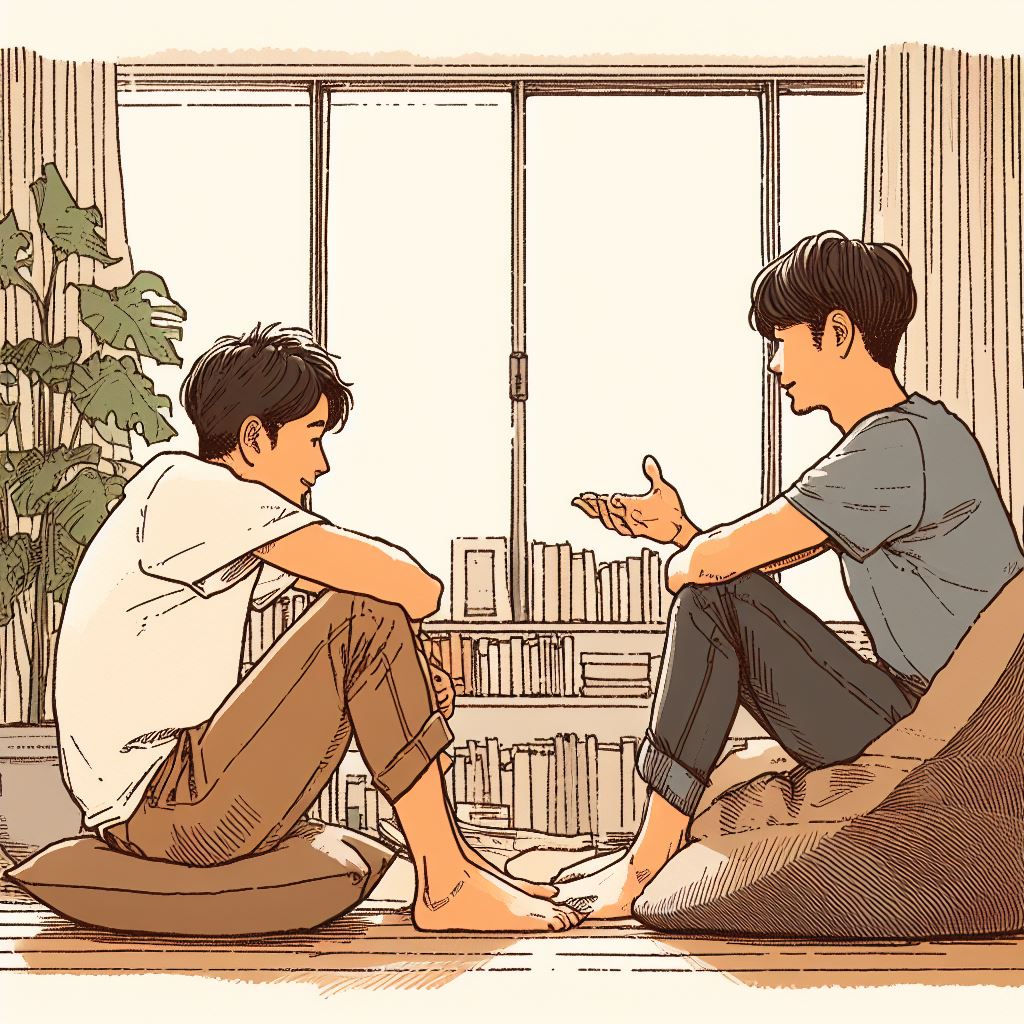
Navigating Openness in Different Types of Relationships
Different relationships call for varying levels of openness. With family, openness often involves a balance between sharing personal feelings and respecting generational and individual boundaries.
- In friendships, openness can strengthen bonds and create a space for mutual support.
- Romantic relationships, on the other hand, thrive on a deep level of openness, building intimacy and trust.
- In professional settings, while openness can foster a collaborative environment, it’s crucial to maintain a level of professional boundaries.
Navigating these differences requires a keen understanding of each relationship’s dynamics and respecting both your own and others’ comfort levels.
The Impact of Digital Communication on Openness
In our digitally connected world, the way we open up and form connections has transformed. Platforms like social media and messaging apps have made sharing easier, but they also bring challenges.
The convenience and speed of digital communication often come at the cost of depth and authenticity. Online interactions can lack the nuances of face-to-face conversations, making it harder to form deep connections.
However, they also offer a platform for those who might find in-person openness intimidating. The key is to find a balance and use digital tools as a complement to, rather than a replacement for, real-life interactions.
The Long-Term Benefits of Openness in Relationships
Embracing openness in our relationships doesn’t just benefit our current interactions; it has long-term positive effects on our personal growth and overall life satisfaction.
Openness leads to more authentic relationships, where we feel seen and valued for who we truly are. This authenticity in relationships is a key ingredient for lasting happiness and fulfillment. Furthermore, being open helps us to grow as individuals, encouraging self-awareness, resilience, and empathy.
Openness is not just a trait but a journey, one that requires courage, self-awareness, and a willingness to be vulnerable. It’s a journey that leads to deeper connections, personal healing, and a more fulfilling life.
As we embrace openness in our interactions, we not only enrich our own lives but also contribute to a more connected, empathetic world. So, let’s take a step today towards being more open, and watch as our relationships transform and flourish.


